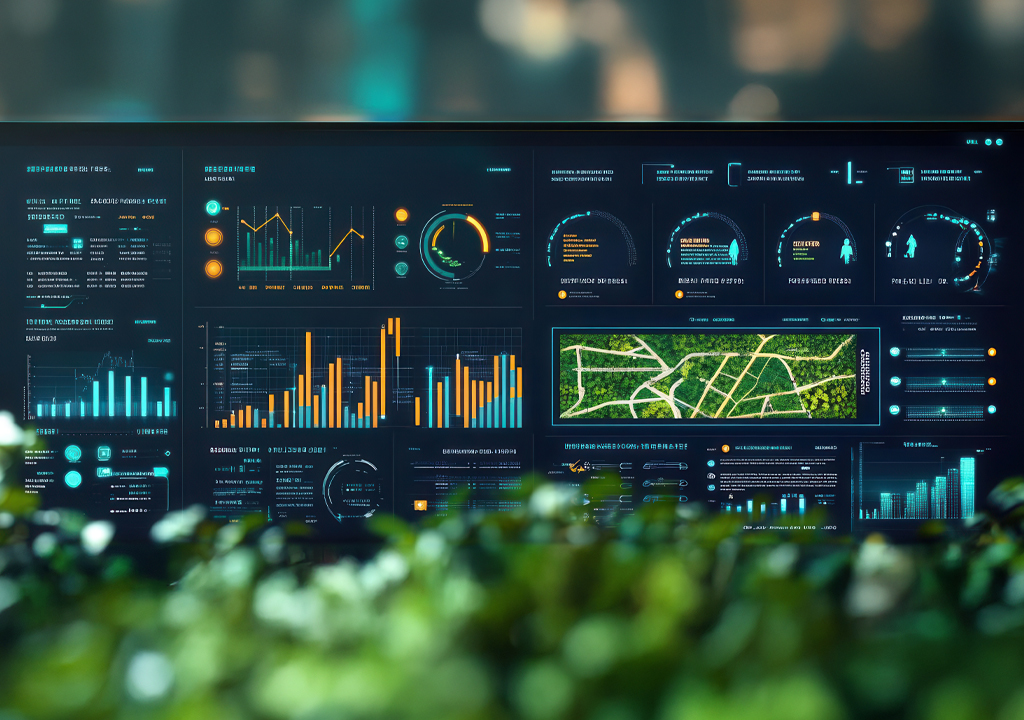
Digitalization and efficiency
The definition of a smart city goes beyond the use of digital technologies: a smart city is a place that integrates physical, digital, and human systems into traditional networks and services to make better use of energy resources and reduce emissions for the benefit of residents and businesses.
In fact, a smart city includes more energy-efficient buildings, integrated renewable energy sources, sustainable heating and cooling systems, smarter urban transportation networks, enhanced water supply, and improved waste disposal facilities.
A smart and interconnected future
In increasingly densely populated cities, residents want greater security, easy access to networks and services, total sustainability of choices and actions, smart housing models, and projects based on the principles of circular economy.
Almaviva for Smart Cities
The platform developed by Almaviva and configured for smart cities is tailored specifically to the metropolitan context, with central control and monitoring capabilities, a local observatory, and territorial event analysis.
Components
IoT Platform
focal point for the collection and management of data from all sensors and dashboard interfaces
Big Data Platform
platform for the implementation of use cases within the domain of Big Data and database integration
Device Manager
management of IoT devices from the data collection & management point of view
Remote Sensing
3D WebGIS component for the analysis of data processed from images
SAR video analysis
system for monitoring and recording events from the VDS and active camera traps in the area using advanced AI algorithms
Benefits
Digital services available to residents
in terms of information, including those related to safety & security
Digital services to support municipalities
for better local governance planning
Monitoring services provided by the city
with a focus on continuous improvement
Cost efficiency
for public authorities
Tool enhancement
already available to Bodies and organizations


